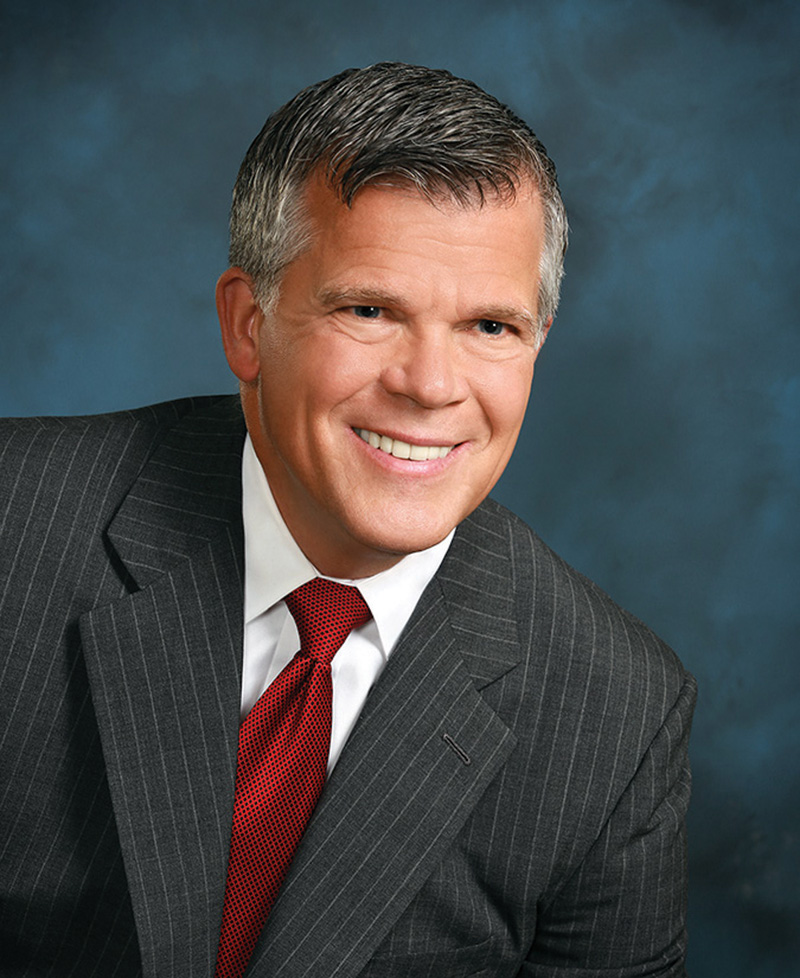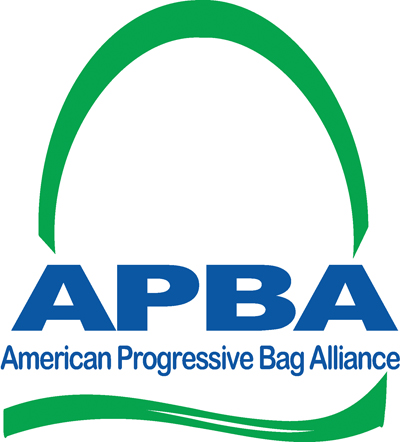SPI Supports APBA Referendum on California SB 270
Previous Article Next Article
By William R. Carteaux
President and CEO, SPI: The Plastics Industry Trade Association
SPI Supports APBA Referendum on California SB 270
Previous Article Next Article
By William R. Carteaux
President and CEO, SPI: The Plastics Industry Trade Association
SPI Supports APBA Referendum on California SB 270
Previous Article Next Article
By William R. Carteaux
President and CEO, SPI: The Plastics Industry Trade Association

Bill Carteaux
As I mentioned in my comments at the 2014 Global Plastics Summit (held earlier this fall), California recently enacted SB 270, the nation’s only statewide plastic bag ban. SPI: The Plastics Industry Trade Association always has and always will advocate for science and fact-based legislation, but SB 270 does not fit this description. In a press release issued September 30th, the American Progressive Bag Alliance (APBA) announced it would take the steps necessary to gather signatures and qualify a referendum to repeal it (www.bagtheban.com/news/item/statement-from-the-american-progressive-bag-alliance-on-intent-to-repeal-se), stating:
“The approval of SB 270 by the California legislature and Governor Jerry Brown could serve as a case study for what happens when greedy special interests and bad government collide in the policymaking process.
“Senator Padilla’s bill was never legislation about the environment. It was a back room deal between the grocers and union bosses to scam California consumers out of billions of dollars without providing any public benefit—all under the guise of environmentalism. If this law were allowed to go into effect it would jeopardize thousands of California manufacturing jobs, hurt the environment and fleece consumers for billions so grocery store shareholders and their union partners can line their pockets.”
SPI supports the APBA in opposing SB 270 and seeking a referendum. We do not believe that in passing SB 270 California lawmakers acted in the public interest, and we trust that the public will repeal it at the ballot box.
Plastic bags are the smartest, most environmentally friendly choice at the checkout counter. Ninety percent of Americans reuse their plastic bags as trashcan liners, pet waste bags, lunch bags, etc., despite the fact that SB 270’s proponents have attempted to brand plastic bags as “single-use.” This is a myth that’s disproven every day in homes across America. When plastic bags outlive their usefulness, they can be recycled: they are 100% recyclable and can be converted into building materials like decking, fencing and playground equipment. Moreover, they consume less than 4% of the water, generate less than 80% of the waste, and require less than 70% of the energy necessary to manufacture their paper counterparts. In addition, consumers will be forced to pay at least 10 cents for every paper bag they purchase.
As for the bags that are oil-derived and made in China, which SB 270’s proponents promote, most are made from nonwoven polypropylene, which isn’t recyclable. In addition, cotton grocery bags must be used 131 times before their contribution to global climate change becomes lower than that of a plastic bag used just once. These bags also have been found to contain toxic lead and harbor harmful bacteria.
Furthermore, plastic bags make up less than 2% of California’s municipal waste stream and just 0.4% of the overall American waste stream. Thus the bill’s environmental impact will be negligible, if not nonexistent. Proponents have been forced to acknowledge this, choosing instead to label SB 270 “a good start.” For them, plastic bags are just the beginning—and plastic bottles, cutlery, and other materials are now in their crosshairs.
That is the issue at hand. The lack of science or logic in SB 270 sets a disconcerting precedent for what legislators could do under the guise of environmental stewardship. This should concern the plastics industry at large: unscientific bills supported by special interests could encourage bans on other plastic products. This must be the beginning of a discussion that plastics recyclers, suppliers, manufacturers, and processors have about the future of the industry. The APBA has started this conversation, and we hope the entire plastics supply chain chooses to be a part of it.
